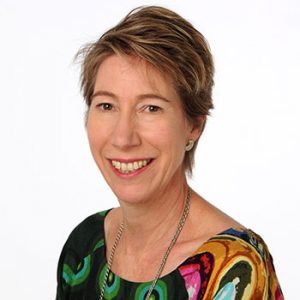 “It was the best of times, it was the worst of times, it was the age of wisdom, it was the age of foolishness, it was the epoch of belief, it was the epoch of incredulity….”
“It was the best of times, it was the worst of times, it was the age of wisdom, it was the age of foolishness, it was the epoch of belief, it was the epoch of incredulity….”
Charles Dickens, Tale of Two Cities, 1859
Week by week as the pandemic marches on, I remain mesmerised by the epidemiology of COVID-19 around total case numbers, the differential scale of testing and rates of positive tests, and the devastation of mortality numbers and rates in different countries. Science and public health is acutely relevant everywhere. I am perhaps even more challenged by the variable extent to which government decision makers are responding to the public health imperatives of the coronavirus pandemic, given the stark implications of their decisions on our lives. Was it only in January that we first came to hear about the earliest cases of SARS-COV-2 in Wuhan, China? Having reached the midway point of 2020, pre-COVID times feel a lifetime away. As the extent of the contagiousness of this virus becomes more apparent, I am left with growing rather than lessening uncertainty about the future.
With the World Congress planned for November 5-7th 2020 in Lima, Peru, month by month the IAAH Council has been reviewing the feasibility of safely holding the meeting. I am sure that you have been expecting the announcement that, as a result of the pandemic, we have had to postpone the meeting. As I write this, we are in the process of finalising hotels in Lima for November 19-21st 2021. Now 18 months away, I have no doubt there will be many uncertainties between now and then. Pleasingly, a large number of abstracts and workshops were submitted. The Scientific Committee will soon meet to consider a number of virtual options that we will share with you in due course.
The world then watched, horrified, as George Floyd was murdered by a white policeman in Minneapolis, Minnesota (USA). The #BlackLivesMatter movement was born from anguish and anger in the USA to become a tipping point of global outrage around structural racism, in the same way that #MeToo provided a radically different context around sexual harassment.
Never before have I appreciated the extent to which we are globally connected and nationally governed. Without appropriate investment, today’s young people risk being profoundly scarred by the current pandemic, as they have long been scarred by racism. Challenging times for us all. Although forced apart physically by the pandemic, together we can – and must – still name and advocate for the changes needed in our diverse communities to support adolescent health and wellbeing.
Susan Sawyer